- Courses
 Business Management
Business Management IT Networks and ITSM
IT Networks and ITSM Data Management
Data Management Software Development
Software Development Digital Transformation
Digital Transformation Graphic Design
Graphic Design
- Learning Paths
- Vendors






Design and create a suitable working environment for data science workloads; explor data; train machine learning models; implement pipelines;
Run jobs to prepare for production; and manage, deploy, and monitor scalable machine learning solutions.
Module 1: Introduction to Azure Machine Learning
Lessons
Lab: Creating an Azure Machine Learning Workspace
Lab: Working with Azure Machine Learning Tools
After completing this module, you will be able to
Module 2: No-Code Machine Learning with Designer
This module introduces the Designer tool, a drag and drop interface for creating machine learning models without writing any code. You will learn how to create a training pipeline that encapsulates data preparation and model training, and then convert that training pipeline to an inference pipeline that can be used to predict values from new data, before finally deploying the inference pipeline as a service for client applications to consume.
Lessons
Lab: Creating a Training Pipeline with the Azure ML Designer
Lab: Deploying a Service with the Azure ML Designer
After completing this module, you will be able to
Module 3: Running Experiments and Training Models
In this module, you will get started with experiments that encapsulate data processing and model training code, and use them to train machine learning models.
Lessons
Lab: Running Experiments
Lab: Training and Registering Models
After completing this module, you will be able to
Module 4: Working with Data
Data is a fundamental element in any machine learning workload, so in this module, you will learn how to create and manage datastores and datasets in an Azure Machine Learning workspace, and how to use them in model training experiments.
Lessons
Lab: Working with Datastores
Lab: Working with Datasets
After completing this module, you will be able to
Module 5: Compute Contexts
One of the key benefits of the cloud is the ability to leverage compute resources on demand, and use them to scale machine learning processes to an extent that would be infeasible on your own hardware. In this module, you’ll learn how to manage experiment environments that ensure consistent runtime consistency for experiments, and how to create and use compute targets for experiment runs.
Lessons
Lab: Working with Environments
Lab: Working with Compute Targets
After completing this module, you will be able to
Module 6: Orchestrating Operations with Pipelines
Now that you understand the basics of running workloads as experiments that leverage data assets and compute resources, it’s time to learn how to orchestrate these workloads as pipelines of connected steps. Pipelines are key to implementing an effective Machine Learning Operationalization (ML Ops) solution in Azure, so you’ll explore how to define and run them in this module.
Lessons
Lab: Creating a Pipeline
Lab: Publishing a Pipeline
After completing this module, you will be able to
Module 7: Deploying and Consuming Models
Models are designed to help decision making through predictions, so they’re only useful when deployed and available for an application to consume. In this module learn how to deploy models for real-time inferencing, and for batch inferencing.
Lessons
Lab: Creating a Real-time Inferencing Service
Lab: Creating a Batch Inferencing Service
After completing this module, you will be able to
Module 8: Training Optimal Models
By this stage of the course, you’ve learned the end-to-end process for training, deploying, and consuming machine learning models; but how do you ensure your model produces the best predictive outputs for your data? In this module, you’ll explore how you can use hyperparameter tuning and automated machine learning to take advantage of cloud-scale compute and find the best model for your data.
Lessons
Lab: Tuning Hyperparameters
Lab: Using Automated Machine Learning
After completing this module, you will be able to
Module 9: Interpreting Models
Many of the decisions made by organizations and automated systems today are based on predictions made by machine learning models. It’s increasingly important to be able to understand the factors that influence the predictions made by a model, and to be able to determine any unintended biases in the model’s behavior. This module describes how you can interpret models to explain how feature importance determines their predictions.
Lessons
Lab: Reviewing Automated Machine Learning Explanations
Lab: Interpreting Models
After completing this module, you will be able to
Module 10: Monitoring Models
After a model has been deployed, it’s important to understand how the model is being used in production, and to detect any degradation in its effectiveness due to data drift. This module describes techniques for monitoring models and their data.
Lessons
Lab: Monitoring a Model with Application Insights
Lab: Monitoring Data Drift
After completing this module, you will be able to
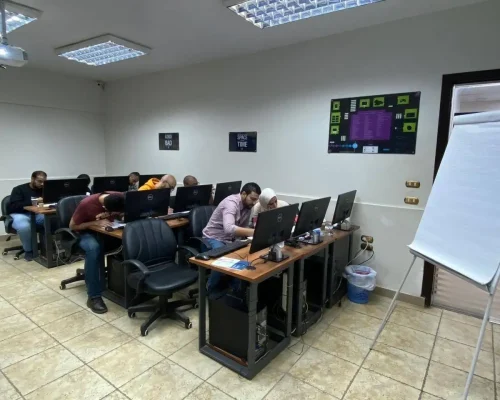
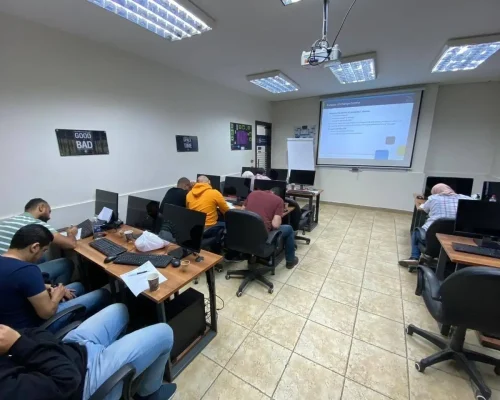
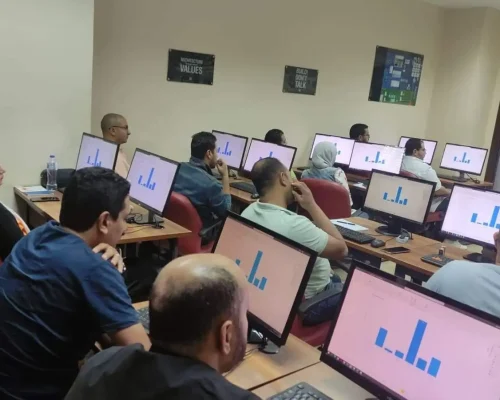
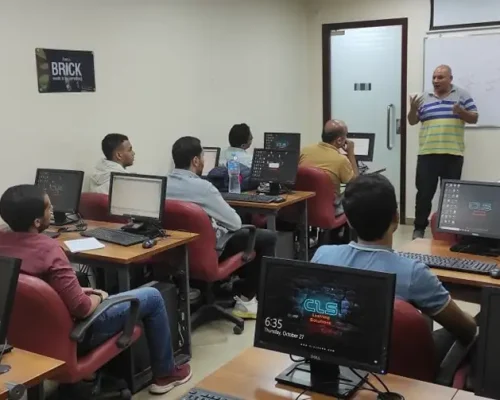
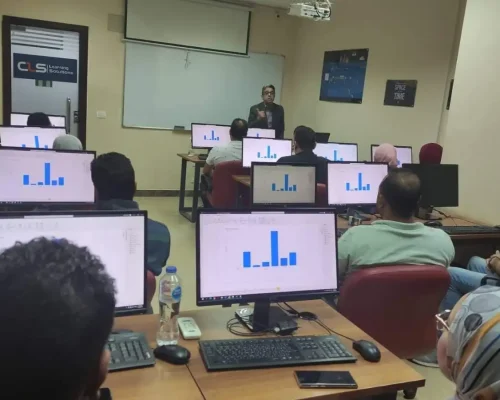
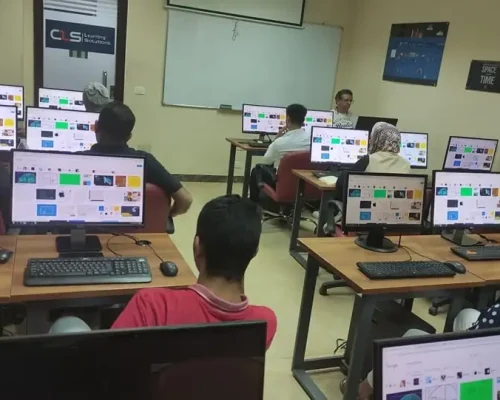
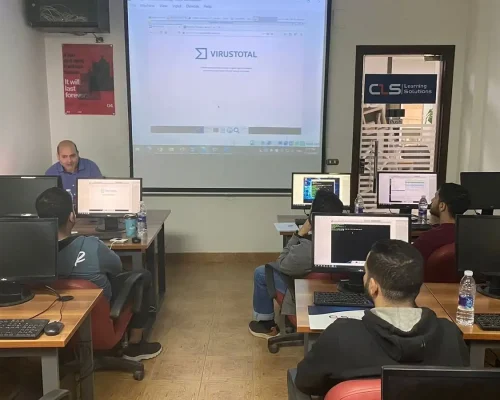
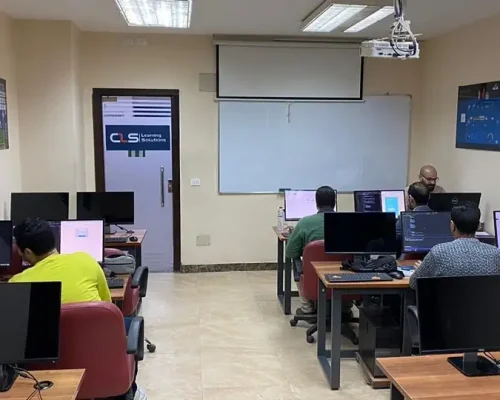
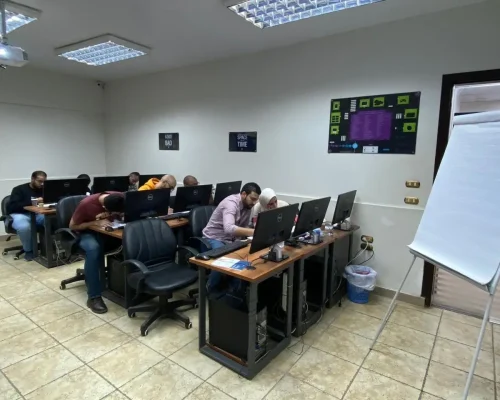
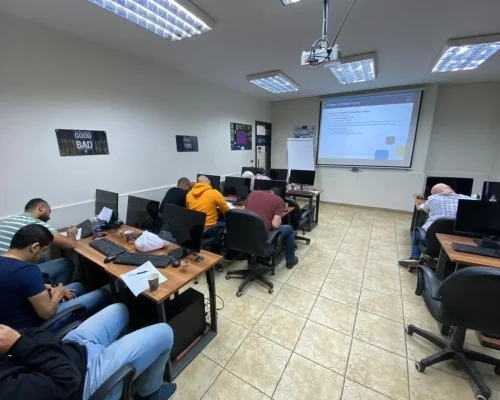
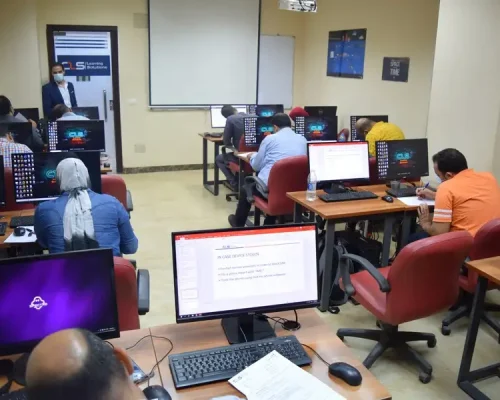
We have been in the market since 1995, and we kept accumulating experience in the training business, and providing training for more than 200,000 trainees ever since, in Egypt, and the MENA region.
CLS facilities are well-equipped with strong hardware and software technologies that aid both students and trainers lead very effective smooth training programs.
We provide our clients with the best solutions, customized to their specific needs and goals. Our team is highly qualified to answer whatever questions you have.
CLS is an authorized and accredited partner by technology leaders. This means that our training programs are of the highest quality source materials.
We keep tabs on every change in the market and the technology field, so our training programs will always be updated up to the World-class latest standards, and adapted to the global shape-shifting job market.
We select the best instructors, who are certified from trustworthy international vendors. They share their professional experience with the Trainees, so they can have a clear hands-on experience.





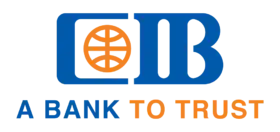





























I`m attending now CEH Training with Eng Mohamed Hamdy ,CISSP Training with Eng Mohamed Gohar, I really learned a lot from him , everything here in CLS is very satisfying including facilities .
We took a series of courses as the digital Transformation Unit of the ministry . we just finished CRISC Certification Training with DR Adel Abdel Meneim . Thank you CLS for all your efforts, we really appreciate it
Me and my colleagues are working in a government Organization, We took a no. of cyber security trainings with CLS starting with CEH and CISSP. we liked every thing the instructors, the stuff and whole environment
I`m attending ASP.NET Core with MVC Training with Eng Mohamed Hesham , I really learned a lot from him , everything here in CLS is very satisfying including facilities .Thanks you all team.
Qualifying the cadres of digital transformation units in government agencies moving to the administrative capital .Thanks CLS
I`m attending ASP.NET Core with MVC Training with Eng Mohamed Hesham , I really learned a lot from him , everything here in CLS is very satisfying including facilities .Thanks you all team.
I`m attending now CRISC Training with DR Adel Abdel Meneim , I really learned a lot from him , everything here in CLS is very satisfying including facilities , locations and the team.
I`m attending ASP.NET Core with MVC Training with Eng Mohamed Hesham , I really learned a lot from him , everything here in CLS is very satisfying including facilities .Thanks you all team.

Seize the moment, Learn with CLS, The Top-Rated Training Provider in Egypt since 1995, 28 Years of Experience Training Businesses and People in Egypt and Mena region.
© 2024 - CLS Learning - Solutions | All Rights Reserved.